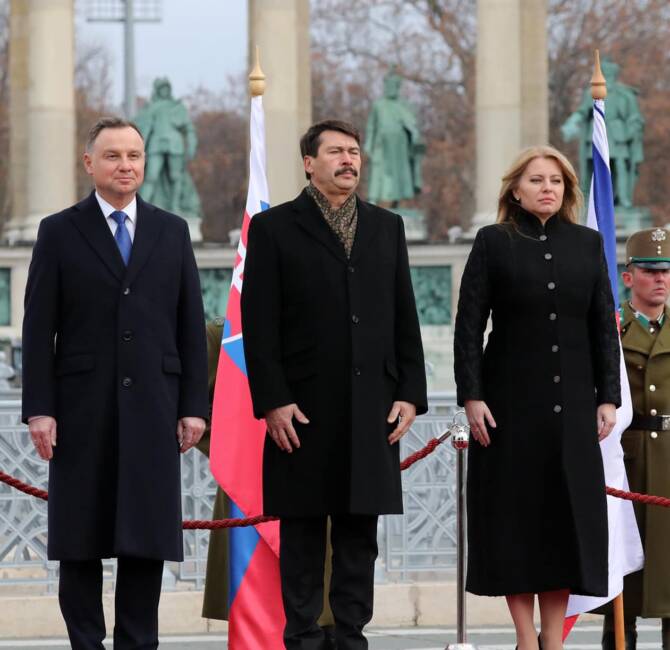Poland – Poland will be holding parliamentary elections on October 15. The ruling United Right coalition led by Law and Justice (PiS), which has been in power since 2015, has decided to hold referendums on four key issues on the same day. Those issues include “compulsory solidarity” for migrant relocation as part of the planned European Union Migration Pact and the presence of a fence along the border with Belarus to stop the influx of illegal immigrants.
Concerning the latter, eighteen months after the start of Russia’s aggression against Ukraine, the issue of the Polish-Belarussian border is back in the headlines following several recent incidents. In addition to the continued flow of migrants who are being brought to Belarus and then pushed towards the Polish and Lithuanian borders, the presence of mercenaries from the Wagner group in the Grodno region, which is close to the north-eastern Polish region of Podlasie, is perceived by the Polish government as a potential threat. For this reason, Warsaw has decided to send an additional 10,000 troops to the border between the two countries.
For Poland’s PiS party, which has been losing some ground in opinion polls, holding a referendum on selected topics is a way to shape the campaign and mobilize voters in its favour. In Brussels, however, the Polish referendum appears reminiscent of a similar referendum that was held in Hungary in 2016 to oppose the original EU relocation scheme after an anti-migrant border fence had just been erected along Hungary’s border with Serbia. It is therefore no wonder that liberal MEP Guy Verhofstadt, a known Belgian Eurofederalist favouring open borders and the relocation of illegal immigrants across the EU, expressed his rage at the Polish referendum on social media:
“An Orbán-inspired ’referendum’…
PiS is taking Poland out of the EU one step at a time… while Polish people, including PiS voters, are among the most pro-European of all! ”
Regardless, the Polish election process was already under attack by the leftist-progressive majority in Brussels, just as the Hungarian election process was last year, even before the parliamentary majority in Warsaw decided to hold a referendum on election day. As early as July 11, the European Parliament had adopted a resolution expressing its concern at some minor changes to the Polish electoral code being adopted shortly before this year’s parliamentary elections, and calling for the Polish elections to be placed under the Organisation for Security and Co-operation in Europe’s (OSCE) scrutiny.




